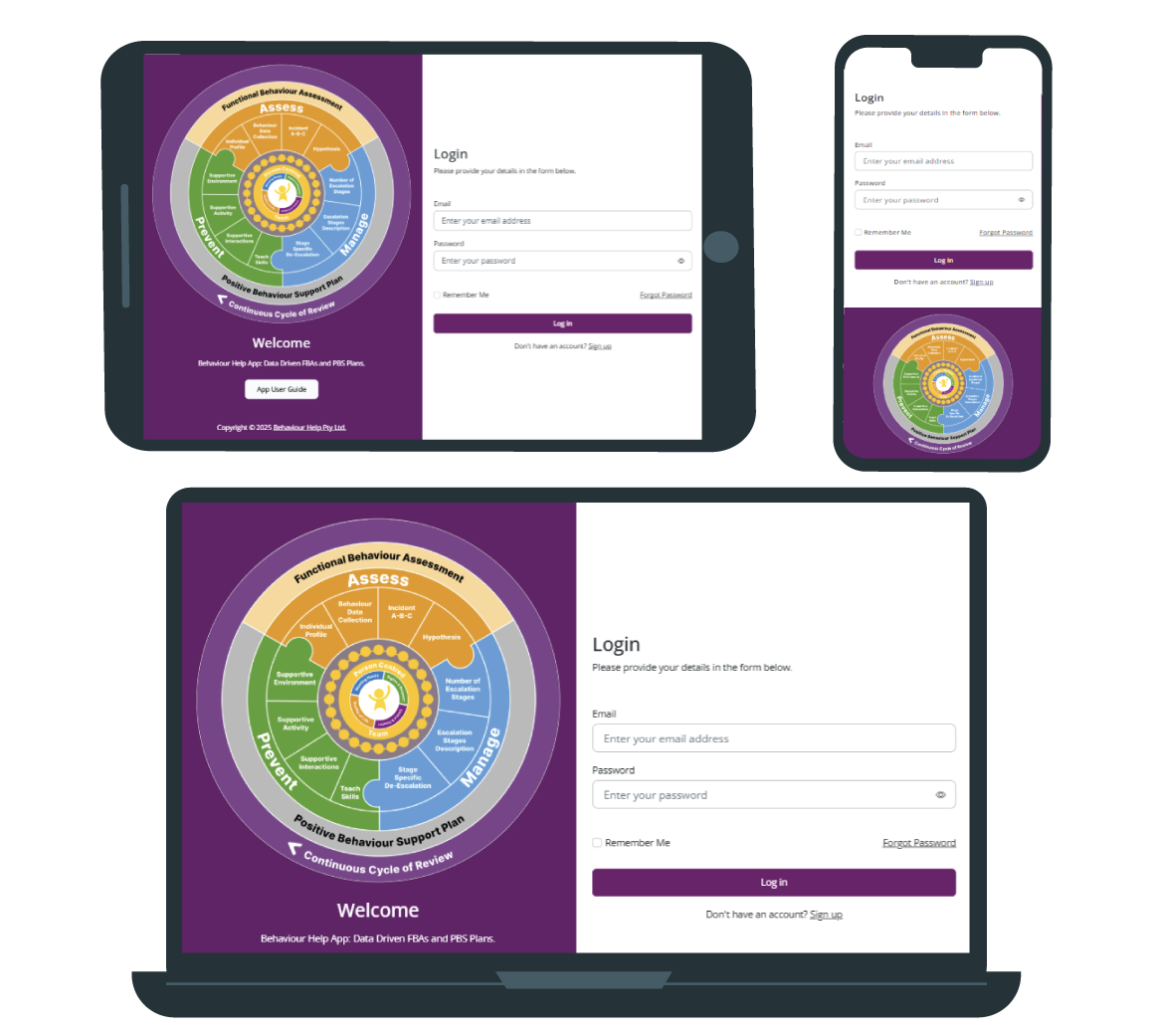Many children diagnosed with Autism Spectrum Disorder (ASD) struggle with emotional regulation, or the ability to control and manage one’s own emotional responses to their environment. While challenges with emotional regulation are not part of the criteria to determine whether a child has ASD, individuals involved in the care and teaching of a child with ASD may be familiar with this common symptom and the unique ways it affects the lives of both child and caregiver.
When evaluating a child for the traits and behaviours associated with ASD, doctors typically look for deficits in social skills and communication abilities as well restrictive behaviour patterns surrounding interests and activities. However, ASD is frequently associated with disproportionate emotional responses and difficulties with emotional control, with self-regulation difficulties as early as infancy serving as an early indicator of a potential ASD diagnosis during childhood.
Inappropriate emotional responses may look like crying, outbursts, or tantrums for some children; however, as with ASD itself, the behaviours exhibited during an emotional response can cover a spectrum of intensity and severity and may include dangerous acts such as aggression (Matson & Cervantes, 2014).
For example, Nate is a 10 year old boy with ASD. He finds it hard to describe his feelings, concerns and needs. This makes it hard for others to know how and when to assist. He is dependent on others to check-in (body check) with him to prompt him to express if he is in pain, needs to go to the toilet, hungry, full, hot, cold, tired, thirsty, worried or sad.
Most children struggle with emotional regulation in early childhood and gradually develop more acceptable responses and self-soothing techniques as they grow older. The brain mechanisms that help manage emotions are affected in children with ASD, however, in correlation with impaired social communication, behaviour inhibition, and social reasoning. As a result, children with ASD are at especially high risk for emotional dysregulation and may possess limited regulatory strategies compared to typically developing peers.
For example, a child who struggles to communicate his or her wants or needs may engage in problematic behaviour to gain the attention of a caregiver, express anger or frustration, or attempt to get away from an overwhelming situation.
Alternately, as ASD affects a person’s ability to understand social information, reading social “cues” and identifying the emotions of other in order to display a matching emotional response are processes that a child with ASD may struggle with; this can also present as what is commonly referred to as low or flat affect in children with ASD and is often mistaken for a lack of empathy.

Introducting...The Behaviour Help App
Your All-in-One AI Tool for FBAs and PBS plans
You’re doing important work. That’s why we built the Behaviour Help App — to make it easier to track behaviour trends, identify patterns, and develop meaningful, person-centred strategies.
Behaviour inhibition and differences in sensory processing are additional key factors in emotional dysregulation for children with ASD; many children on the spectrum have specific sensory needs and engage in stereotypic motor actions and repetitive behaviours with objects regardless of environment or social setting.
Impaired emotion regulation skills are thought to drive behaviour problems in children with ASD (Mazefsky et al., 2013). These behaviours of concern are often disruptive to the child’s surroundings and can interfere with learning and daily functioning. However, without positive behaviour support strategies, they can be difficult for the child to control or “turn off” when appropriate.
With respect to emotional regulation, behaviour inhibition deficits can affect a child’s ability to restrain, or “turn off” emotional responses as well, limiting their capacity to self-soothe or redirect their attention away from their emotional state.
Heightened sensory needs and sensitivities, which are traditional characteristics of ASD diagnoses, render children with ASD vulnerable to stimuli in their environment and, when combined with communication difficulties and deficits in behaviour inhibition, can prompt emotional responses due to overstimulation and/or sensory overload.
Teaching techniques that provide individuals with a multisensory approach to dealing with feelings are often beneficial for children with ASD. These include but are not limited to: modeling and rehearsal of appropriate responses, labeling feelings and the physical responses they elicit in the body, and visual supports and cue words to help children identify when they are approaching an emotional threshold. The Rainbow of Emotions App can help children with ASD learn emotional regulation skills step by step. It is based on the evidenced based Cognitive Behaviour Therapy (CBT) approach to developing emotional regulation skills. CBT is a form of psychological therapy that helps the individual build a set of skills to take CHARGE of one’s thoughts, feelings, and behaviours to achieve symptom reduction, improvement in functioning and overall quality of life.
Although teaching emotional regulation to children with ASD may require more targeted intervention and understanding, the ability to display appropriate emotional responses when needed will be an important factor in a child’s successful future.
Reference
Matson, J.L., Cervantes, P.E. (2014). Assessing aggression in persons with autism spectrum disorders: an overview. Research in Developmental Disabilities, 35, pg. 3269-75.
Mazefsky, C.A, Herrington, J., Siegel, M., Scarpa, A., Maddox. B.B., Scahill, L. & White, S.W. (2013). The role of emotion regulation in autism spectrum disorder. Journal of American Academy of Child and Adolescent Psychiatry, 52, pg. 679-88.


